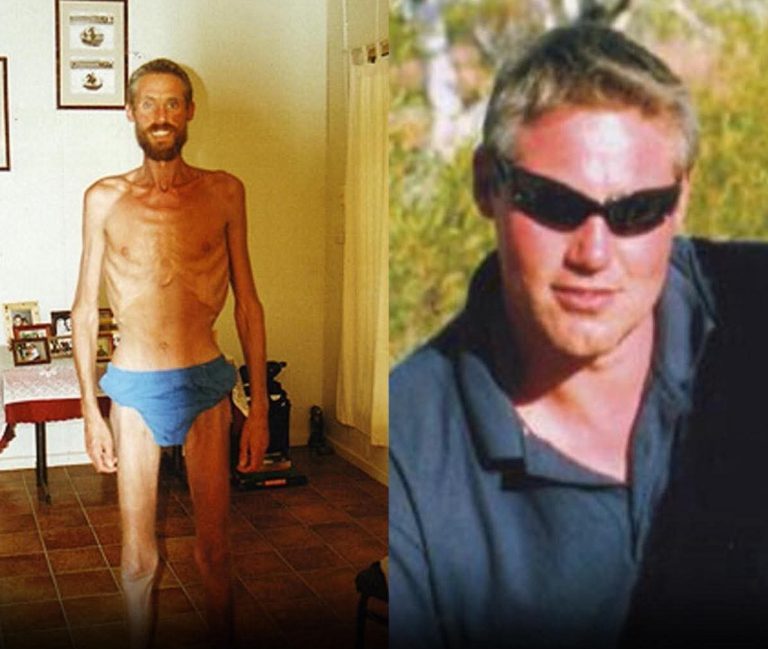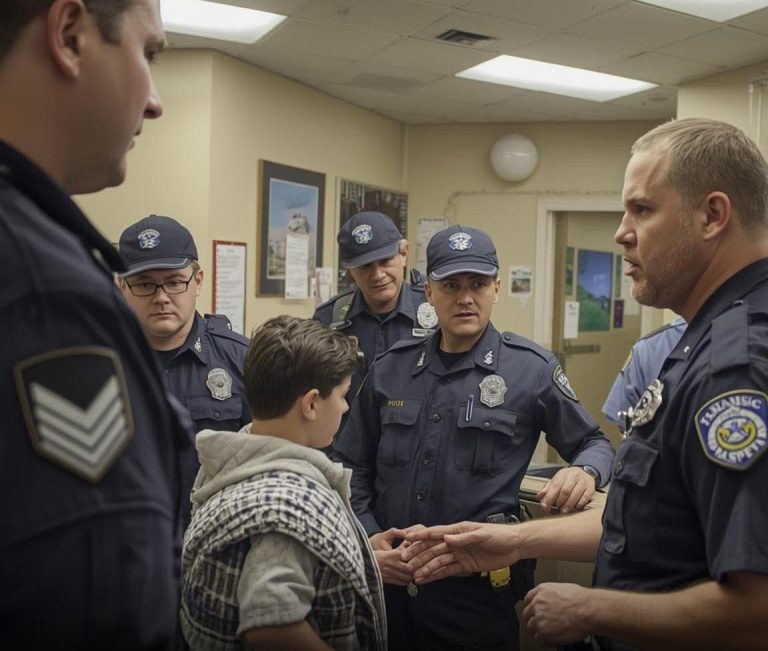False Viral Post Claims That American Fitness Influencer Ashton Hall Is Dead.
American fitness influencer Ashton Hall has been forced to confront his own mortality online. A dramatic, false viral post claiming the athlete had tragically collapsed and died during a 4 AM workout spread rapidly across social media, causing widespread concern among his millions of followers. However, multiple confirmations confirm that Hall is alive, well, and the latest victim of a damaging online death hoax.
The alarming rumor began with a elaborately detailed but entirely fictional post that gripped the fitness community. The now-debunked story read:
“Tragedy Strikes The Fitness World: Ashton Hall’s 4AM Collapse Leaves Fans in Shock — What Really Happened Moments Before He Fell.”

The fabricated narrative went on to paint a vivid, grim picture, describing a sudden collapse during a live stream, emergency responders, and a global fitness community “holding its breath.” The post was crafted with the hallmarks of a clickbait news article, designed to provoke shock and generate shares.
Despite the compelling and alarming nature of the false story, reality is far less dramatic. Ashton Hall (born October 24, 1995), a former college football player turned fitness influencer and entrepreneur, is safe and healthy. No evidence supports the claim of a collapse, a live-streamed medical emergency, or any related incident. The viral post appears to be a complete fabrication.
The incident highlights a troubling trend of “death hoaxes” targeting public figures, particularly influencers with large online followings. These hoaxes can cause intense emotional distress to fans and family, while also damaging the personal brand and mental well-being of the individual involved.
For influencers like Hall, whose brand is built on health, vitality, and discipline, such false reports are particularly jarring. They not only spread panic but also exploit the trust and empathy of a dedicated community. This case echoes similar hoaxes that have plagued other celebrities and online personalities, where sensationalist fiction is prioritized over truth for the sake of clicks and engagement.
READ: The Sad Story of Footballer Dani Alves, Who Served Time for Rape He Did Not Commit
The rapid spread of this falsehood serves as a critical reminder for social media users to practice digital literacy. Before sharing alarming news, it is essential to verify information through reputable sources, official social media accounts, or established news outlets.



























